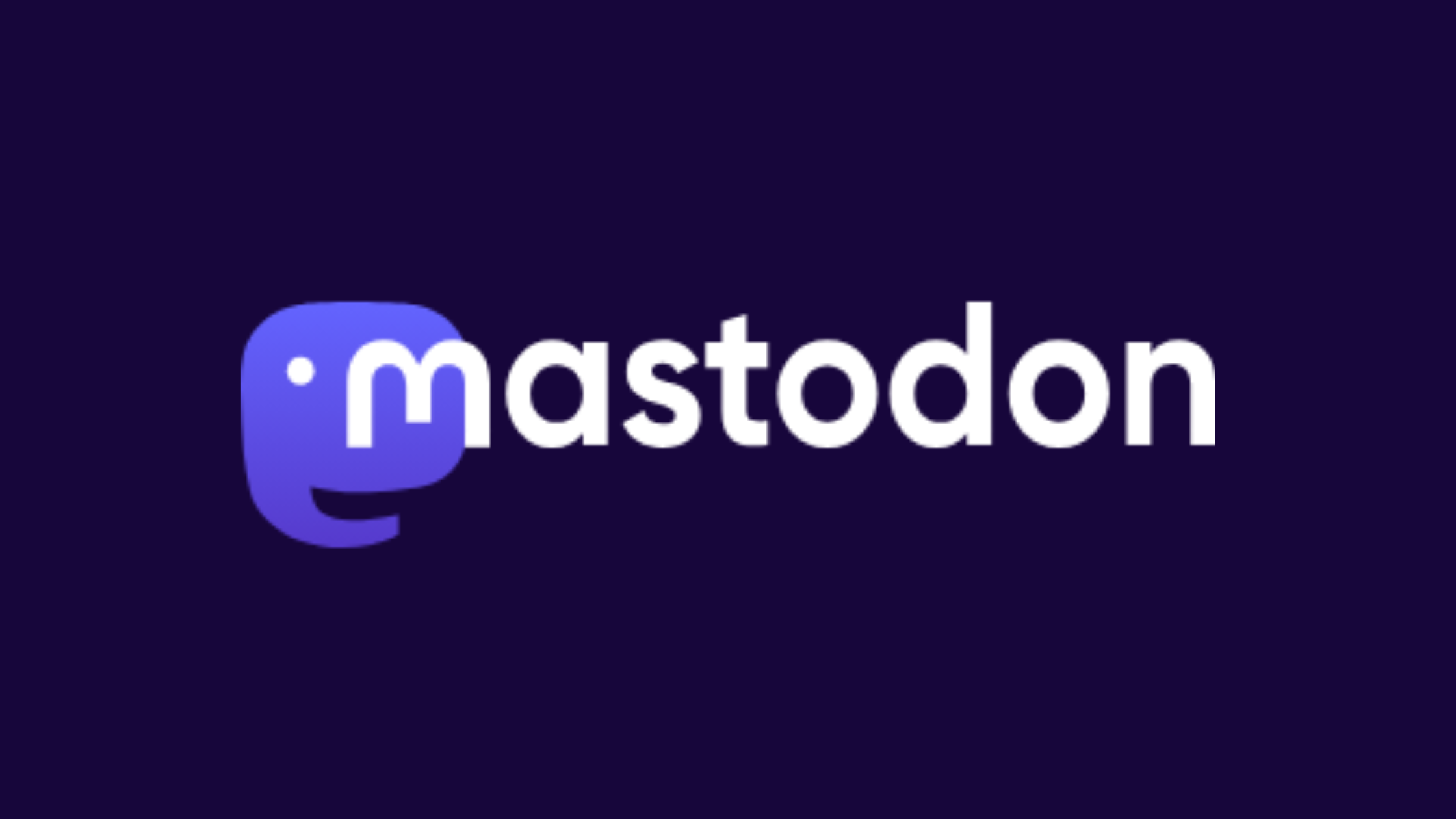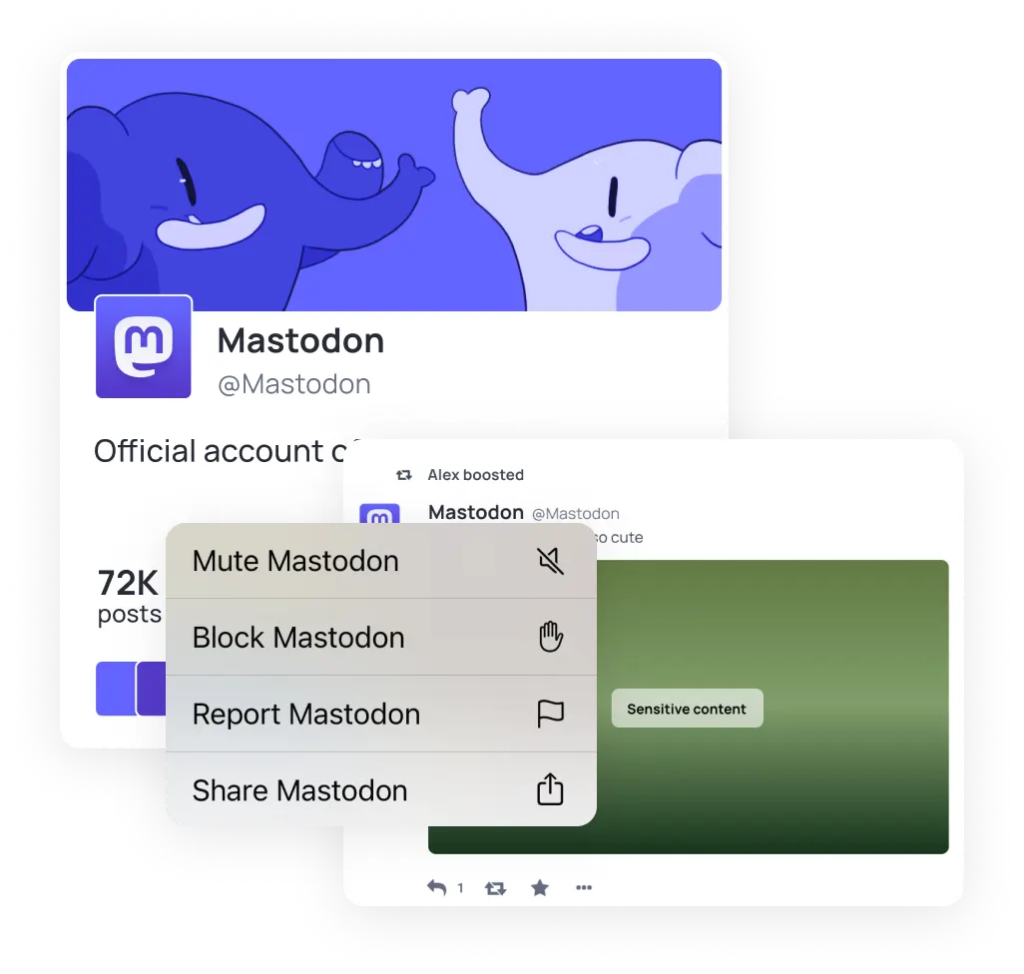Your cart is currently empty!
Mastodon’s Founder Cedes Control, Refuses To Become Next Musk or Zuckerberg

In an era where tech giants are often criticized for their omnipotent control over our digital lives, one founder is charting a distinctly different course. Eugen Rochko, the visionary behind Mastodon, the burgeoning decentralized social network, is stepping down from his role, refusing to follow in the footsteps of figures like Elon Musk and Mark Zuckerberg. This surprising move promises to reshape not just Mastodon, but potentially the entire social media landscape. What could have driven Rochko to cede control, and what does this mean for the future of Mastodon and its users?
The Shift to Nonprofit Ownership
Mastodon’s strategic pivot from a centrally controlled entity to a nonprofit organization heralds a new chapter for the platform, underscored by its founder Eugen Rochko’s commitment to a more democratic governance model. As Rochko steps away from his role as the unilateral decision-maker, Mastodon is set to be “wholly owned by a European nonprofit organization,” signaling a clear departure from the norm established by social media magnates who often cling to power.
This transition is not just a change in legal structure but a bold affirmation of Mastodon’s foundational principles. Rochko himself articulated the core of this decision, emphasizing that “Mastodon should not be owned or controlled by a single individual.” Such a stance is a sharp contrast to the recent behaviors observed in tech leaders like Zuckerberg and Musk, who have faced intense scrutiny over their abrupt and sometimes controversial management styles.
By relocating its stewardship to a nonprofit based in Europe, Mastodon is strategically positioning itself within a framework that values privacy and user rights—alignments that are becoming increasingly appealing amidst growing global discontent with traditional social media practices. This move is poised to enhance Mastodon’s appeal as a refuge for those disillusioned with the commercial and algorithm-driven models that dominate the current landscape.
“Mastodon is hoping to provide an alternative social network for users who are potentially frustrated with their lack of control over their timelines and content on other networks,” states a blog post from the organization. The emphasis here is on evolving “as the community grew,” which has evidently reached millions monthly active users, necessitating a more scalable and user-responsive governance model.
The organization’s blog further outlined the operational nuances, noting that while “the user experience on Mastodon won’t be affected much by the transition to a nonprofit owner… changes are definitely in the pipeline.” This suggests a delicate balance of maintaining the user-friendly aspects that have drawn people to the platform, while innovating behind the scenes to ensure greater autonomy and safety for its community.
Reasons Behind the Transition

Image Credits: @Mastodon website
The motivations behind Mastodon’s shift to nonprofit ownership are deeply rooted in its founder’s vision and the broader cultural context surrounding social media governance. Eugen Rochko’s decision to relinquish control was driven by a commitment to the original ideals of Mastodon—creating a decentralized platform that genuinely empowers its users rather than serving the interests of a few powerful stakeholders.
Rochko has been vocal about his concerns over the direction in which major social networks have been heading, particularly in light of actions taken by figures like Elon Musk and Mark Zuckerberg. These leaders have implemented sweeping changes that often prioritize corporate interests over user privacy and autonomy. In stark contrast, Rochko’s move is a proactive step to ensure Mastodon remains true to its promise of user-centric governance.
The transition also reflects a strategic response to the growing demand for more ethical and user-controlled social media platforms. In recent years, there has been a significant backlash against traditional social media models, which are seen as monopolistic and invasive in terms of privacy. Mastodon’s nonprofit model not only addresses these concerns but also aligns with European regulatory frameworks that are stringent about data privacy and user rights.
Moreover, the change is an acknowledgment of the platform’s maturation and the need for a governance structure that can sustainably support its growth. Mastodon’s community has expanded rapidly, boasting about 1.5 million monthly active users as of 2023. Such growth necessitates a governance model that is resilient and adaptable—qualities that are more feasible under a nonprofit structure where decisions can be made with the community’s best interests in mind.
Implications for Mastodon and the Tech Industry

Image Credits: @Mastodon website
By adopting a nonprofit model, Mastodon reinforces its commitment to operating without the influence of commercial interests and instead focusing on user empowerment and privacy. This is particularly appealing in a digital era where users are increasingly aware of and concerned about how their data is used and monetized. The nonprofit status could help Mastodon enhance trust among its current users and appeal to new ones who are seeking a more secure and less manipulative online environment.
Moreover, the shift to nonprofit governance is likely to influence Mastodon’s operational dynamics by necessitating transparency and accountability in its processes. This change is expected to foster a more democratic approach to decision-making within the platform, involving the community in key decisions about the platform’s direction and policy implementations. Such community engagement can lead to innovations in how social networks operate, potentially leading to more sustainable and user-friendly models.
For the tech industry at large, Mastodon’s move could set a precedent that challenges the prevailing business models dominated by advertising revenue and data exploitation. It highlights an alternative pathway that other tech companies might follow, especially those under scrutiny for data privacy breaches or manipulative practices. If successful, Mastodon’s nonprofit model could inspire a wave of structural reforms across the industry, leading to a shift towards platforms that prioritize user benefits over profit margins.
Additionally, Mastodon’s focus on privacy and decentralization aligns with growing regulatory pressures on tech companies, particularly in Europe, to uphold stringent data protection standards. This alignment not only positions Mastodon favorably within regulatory frameworks but also pressures other companies to reevaluate their operations in light of these standards.
Mastodon’s Visionary Shift
Mastodon’s transition to a nonprofit organization represents a pivotal moment in the evolution of social media platforms. This move not only solidifies Mastodon’s commitment to privacy and user empowerment but also sets a new standard for what social networks can aspire to be. In stepping down, Eugen Rochko not only distances himself from the likes of Elon Musk and Mark Zuckerberg but also champions a more ethical and community-focused approach to social media governance.
The implications of this shift are vast, promising to enhance Mastodon’s appeal to users seeking refuge from the commercialized and algorithm-driven environments of other platforms. Moreover, it challenges the industry at large to reconsider the efficacy and ethics of their operational models. Mastodon’s pioneering approach could inspire a wave of change across the tech landscape, encouraging other companies to adopt more transparent and user-centric practices.
As Mastodon continues to grow and evolve under this new governance structure, it remains to be seen how this will reshape interactions within the platform and influence the broader social media ecosystem. However, one thing is clear: Mastodon’s bold decision marks a significant step forward in the quest for a more decentralized and democratic digital world.
Featured Image from @Mastodon website
